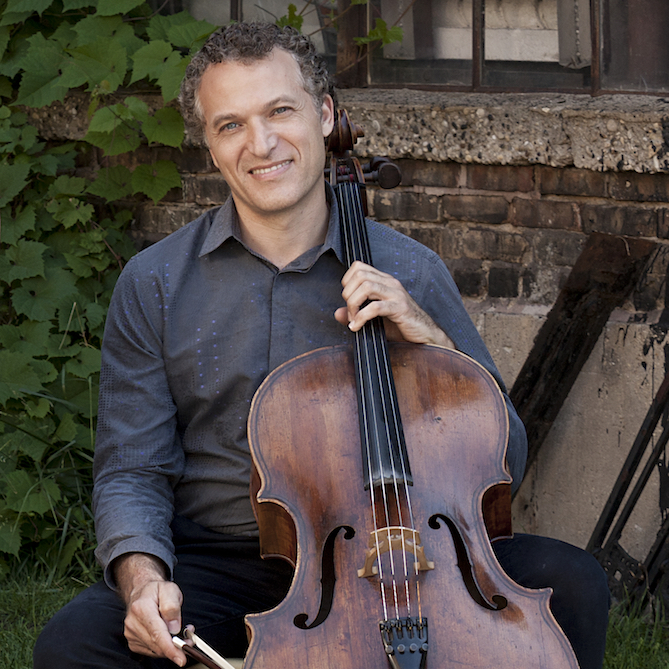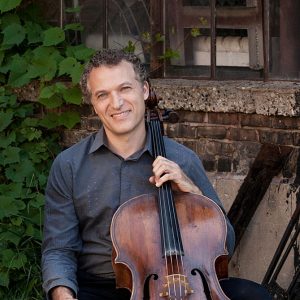
Raising Your Self-Awareness
Brandon Vamos
I recently worked with a student preparing a Bach suite for his recital. In his lesson, he was struggling with the many challenges one faces when playing Bach. A week later he performed the entire suite in studio class and I was taken aback by the dramatic improvement. He played the work with great poise, clarity, and a much higher level of solidity and intonation. I was curious about this sudden jump in playing level and asked him what his focus had been during that weeks’ preparation. His answer was that he had become much more self-aware and objective of his playing. He had made a conscious effort to sit back and get a true sense of what was coming from his instrument. The result? He was better able to judge rhythmic pacing, intonation, tone, and musical phrasing.
I can remember my own personal breakthrough moments and can also attribute them to a better sense of self-awareness. I have recently been thinking a lot about the issues that impede ones ability to be self-aware. The biggest culprit in my opinion is tension. Of course tension blocks ones ability to move about the instrument freely and produces a nice tone. One of the most common problem for cellists is to hunch over the instrument. Although putting the ear closer to the sound board may seem an easy way to produce a larger sound, often shoulder and neck tension are a direct result.
Ones perspective can change greatly with the head up and an open body. With this posture it is easier to focus on the room sound. I also try to listen to my sound as if I am ten feet away. In this way, I am my own teacher. And I suppose that’s the goal: to break away from all the technicalities and be able to listen critically to your own sound. Of course it is important to eliminate as much shoulder, neck, and face tension as possible in order to place concentration on what is actually coming out of the instrument. But, easier said than done. Persistent hard work and time well spent will yield great long-term rewards.
Another aspect of self-awareness is having a clear idea of phrasing and shaping. A great deal of time should be spent on the organizing and shaping of musical phrases. Our goal is to play a phrase as we imagine it in our head. Sometimes more awareness is actually achieved without the instrument in-hand. Mentally hearing or singing is a good first step. Problems that arise in our phrasing are often related to technical issues. Many of these technical problems disappear when out attention is on the music. When notes stick out unintentionally or we swell unnecessarily the issue might be bow distribution. If there is a concrete idea of how that phrase should be played mentally, these problems can be avoided. It is often helpful to ask yourself what the ideal way to play a particular phrase might be, or perhaps how you would imagine your favorite cellist playing that same phrase. What notes would need the most attention? What is the high point of the phrase? A big part of self-awareness is having a strong idea of the result you aim for, before you play.
After all, one of the greatest feelings after a performance is to really be aware of “how it all went down.“ To really hear yourself and own your performance is a truly exciting feat, and one I hope all of you will have the privilege to experience in your playing and performing.
Subjects: Practicing
